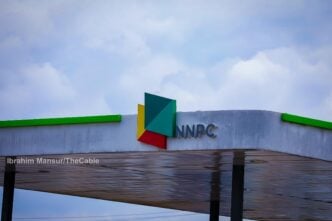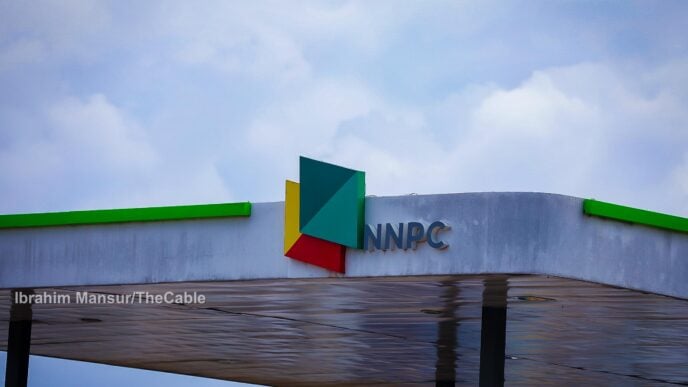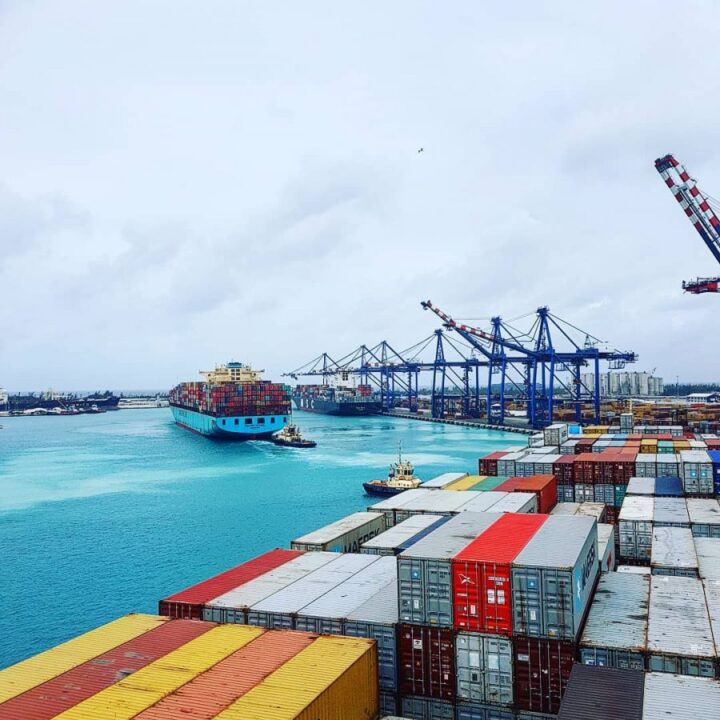The competition and consumer protection tribunal has rejected the terms of settlement proposed by the Nigerian Bottling Company Limited (NBC), also known as Coca-Cola Nigeria Limited, and the Federal Competition and Consumer Protection Commission (FCCPC).
On Monday, the tribunal upheld the FCCPC’s imposition of a N190 million fine against NBC for misleading packaging of its Coca-Cola products.
The tribunal, comprising a three-member panel led by the presiding judge, Thomas Okosun, dismissed NBC’s appeal for the adoption of the settlement as judgement, describing it as “an attempt to arrest judgement”.
During the proceedings, O. Ogunride, NBC’s counsel, informed the tribunal of an agreement reached with the FCCPC.
Advertisement
“We are pleased to inform the tribunal that the parties have agreed to terms of settlement, and we urge the court to adopt the settlement as its consent judgment,” she said.
Abimbola Ojenike, representing the FCCPC, confirmed the existence of the settlement, noting that NBC’s legal team communicated the agreement to him on April 23.
He further said that Akoji Achimugu, the FCCPC’s legal director, had participated in finalising the terms.
Advertisement
However, Okosun highlighted that NBC filed the terms of settlement after the judgment had been reserved and both parties had submitted their final written arguments.
“The notion of arrest of judgment is unknown to Nigerian law,” the tribunal ruled.
Okosun noted that entering into a settlement after judgment had been reserved was beyond the FCCPC’s statutory authority.
“This undermines the FCCPC’s role as a regulator,” Okosun said.
Advertisement
He further criticised the FCCPC’s acceptance of a post-judgment settlement, arguing that it conflicted with the commission’s regulatory responsibilities.
“The tribunal cannot indulge in private compromises; we must uphold our constitutional duty to the public,” he said.
Additionally, the tribunal criticised the FCCPC’s sudden reversal of its earlier position, pointing out that the settlement declared “there is no penalty,” contradicting its regulatory findings.
As a result, the tribunal rejected NBC’s application to adopt the proposed settlement terms.
Advertisement
TRIBUNAL UPHOLDS COCA-COLA’S N190 MILLION FINE
In its final judgment, the tribunal upheld the FCCPC’s five-year investigation, findings, and the imposed penalties as consistent with the Nigerian constitution, also ruling that NBC’s conduct was misleading and in violation of Nigerian law.
Advertisement
Regarding the legality of the N190 million fine, Okosun affirmed that the administrative penalty was lawful under the FCCPA and the 1999 constitution (as amended).
Dismissing NBC’s appeal for lack of merit, the tribunal ordered the company to remit the N190 million fine within 60 days of the judgment.
Advertisement
On August 1, the FCCPC had said Coca-Cola and the NBC have been carrying out unfair marketing tactics, thereby “misleading consumers”.
However, Coca-Cola said its packaging provides clear information and meets the national regulatory requirements.
Advertisement
NBC, subsequently, approached the tribunal, requesting that it set aside the commission’s N190 million fine, citing multiple grounds.
During the proceedings, NBC acknowledged that the FCCPC had obtained evidence showing that the mislabelling of the zero-sugar Limca Lime-Lemon variant was caused by a production error at its Abuja factory — one of eight facilities operated by the company.
In its revised appeal, NBC emphasised that the mislabeling was unintentional and not deliberate.
Represented by Oluseye Opasanya, NBC’s legal team filed an appeal with number CCPT/APP/6/2024 on September 5, 2024, arguing that the commission’s conclusions were unfounded and exceeded its statutory authority.
In response, Ojenike defended the commission’s statutory mandate, empowering FCCPC to issue and enforce penalties for corporate or consumer violations.
The counselor urged the tribunal to dismiss NBC’s appeal as lacking merit and to uphold the FCCPC’s directives.











